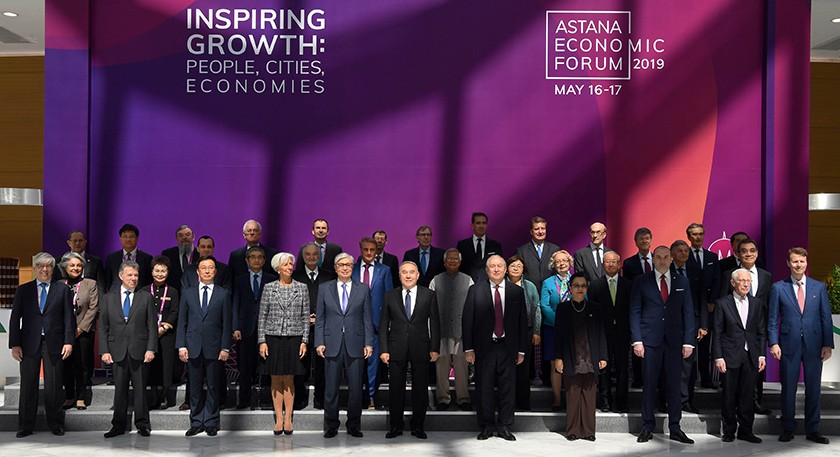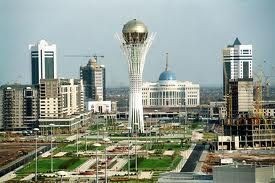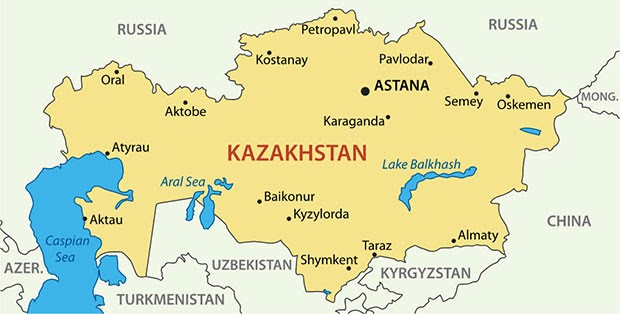Development Plan for Astana Agglomeration Approved
The plan for the agglomeration of Astana through to 2028 was approved by the government of Kazakhstan on February 27th. The country’s capital since 1997, Astana has since grown and developed into one of the most modern cities in Central Asia. In addition to the city, the agglomeration will include more than 40 nearby towns and villages. Over the past 10 years, the population of Astana has increased by 46%. Records show that in January 2024, it exceeded 1.43 million and by 2035, is expected to grow to 2.3 million people. The key aims of the Astana agglomeration are the improvement of urban development, the modernization of social, engineering and transport infrastructures, environmental sustainability and safety, and safeguarding against emergencies. A unified urban planning policy will enable the synchronization of plans for the development of the capital and adjacent Akmola region, including the creation of eco-towns on an area of over 940 hectares. The new transport and logistics infrastructure will comprise six logistics complexes, a service centre for the maintenance of electric locomotives, and subsidies for suburban routes. Over 400 km of existing roads will be repaired, and 300 km of new roads and four bridges built in agglomerated towns and villages. To attract investment and supply food, 25 facilities to produce food and 12 for industrial goods will be built in an industrial zone covering 300 hectares. At the meeting, Kazakhstan’s Prime Minister Olzhas Bektenov highlighted the fact that the main problem to be addressed by the agglomeration is the sharp population increase in the suburbs and the daily migration to the capital and back, which significantly impacts the entire infrastructure of Astana, its ecology and safety. In recognition of ongoing problems faced by many suburban villages, such as water supply, waste disposal, a stable electricity supply, and the condition of roads, the prime minister stated: "I believe that the implementation of the plan should solve these pressing issues. Moreover, we need to create permanent jobs in the suburbs. Astana as the core of the agglomeration creates prerequisites for sustainable development of the adjacent territories. This will help smooth out the existing imbalance between the living standards in the capital and neighboring settlements."





